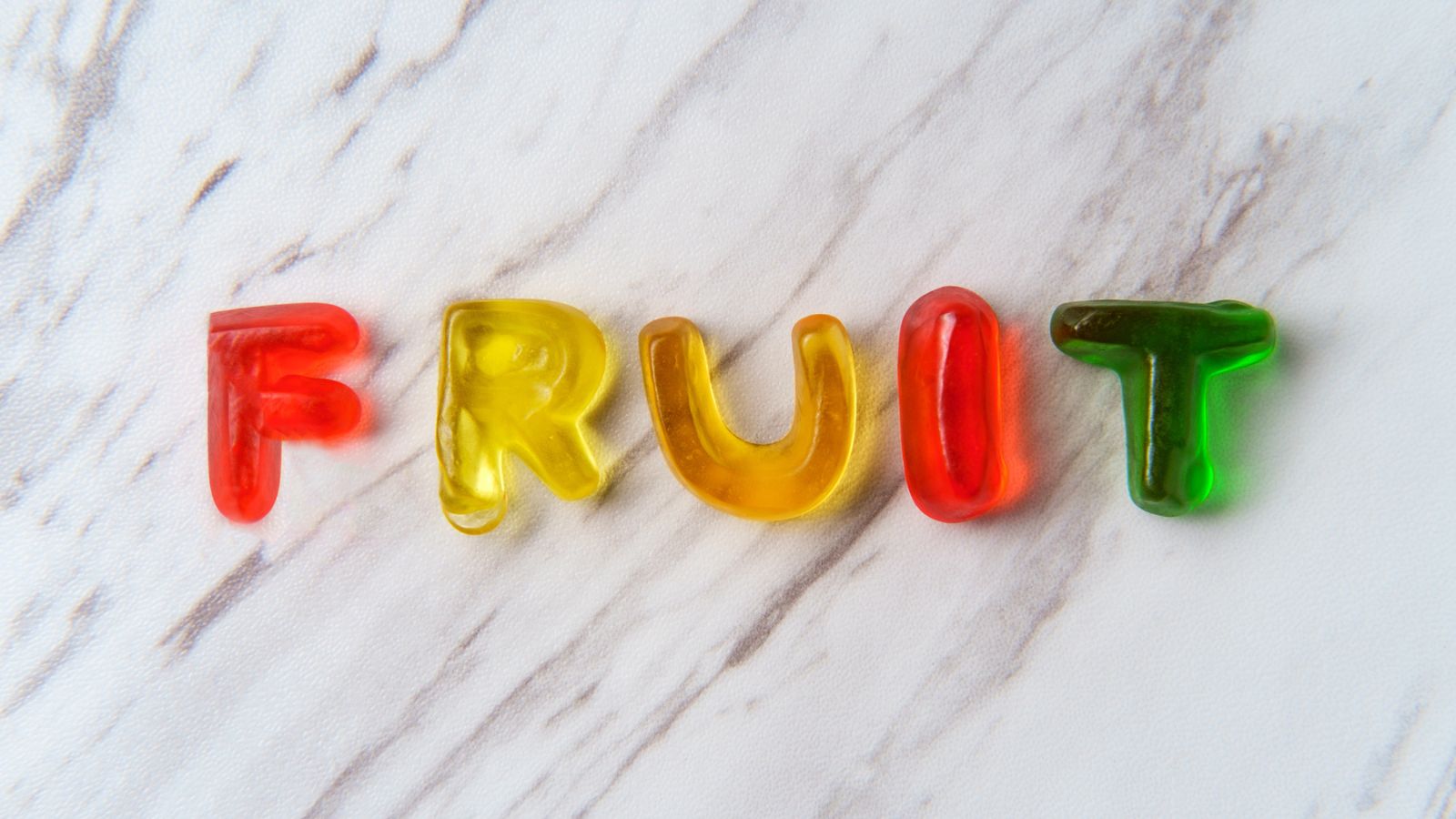12 Foods That Tricked Parents To Believe They’re Healthy For Kids

When it comes to feeding our kids, we want to give them the best food possible. However, sometimes we might be mistaken about what is truly healthy for them. There are certain foods that many people believe are good for kids but, in reality, they aren’t as good as they seem. It’s important to be aware of these misleading choices to make sure we’re providing our children with the right nutrition.
1. Fruit Juice

Many parents believe that fruit juice is a healthy choice for kids due to its association with fruits. However, most fruit juices available in the market are loaded with added sugars and lack the dietary fiber found in whole fruits. Despite containing some vitamins, the high sugar content can contribute to dental cavities, weight gain, and an increased risk of developing type 2 diabetes. It’s better to opt for whole fruits, which provide essential fiber and additional nutrients while keeping sugar consumption in check.
2. Granola Bars

Granola bars are often marketed as a convenient and nutritious snack for kids. However, a closer look at the ingredient list reveals that many commercially available granola bars contain high amounts of added sugars, unhealthy fats, and artificial additives. While they may offer some fiber and protein, these benefits are overshadowed by the negative impact of excessive sugar and unhealthy fats. It’s advisable to choose homemade or carefully selected granola bars that are low in sugar and made with wholesome ingredients.
3. Flavored Yogurt

Yogurt is generally recognized as a healthy food choice, but flavored yogurts may not be as beneficial for children as plain varieties. Flavored yogurts often contain significant amounts of added sugars and artificial flavorings, which can contribute to weight gain and tooth decay. Instead, opt for plain yogurt and add natural sweeteners like fresh fruits or a drizzle of honey to enhance the taste while keeping sugar intake under control. Greek yogurt is also a good option, as it provides more protein and less sugar compared to regular yogurt.
4. Packaged Smoothies

Packaged smoothies, readily available in supermarkets, might seem like a healthy option for children, but they can be deceiving. These pre-packaged drinks often contain high amounts of added sugars, artificial flavors, and preservatives, making them more like sugary beverages rather than nutritious smoothies. It’s better to make homemade smoothies using fresh fruits, vegetables, and a source of protein like yogurt or nut butter. This way, you can control the ingredients and ensure your child receives the full nutritional benefits.
5. Fruit Snacks

Fruit snacks marketed as a healthy alternative to candies and sweets may not be as wholesome as they seem. Most commercial fruit snacks contain minimal amounts of actual fruit and are primarily composed of added sugars, artificial colors, and flavors. While they may have a fruity taste, they lack the essential nutrients and fiber found in real fruits. Instead, choose fresh fruits as a snack or make homemade fruit leather using pureed fruits, which allows you to control the ingredients and avoid unnecessary additives.
6. Sports Drinks

Sports drinks are often associated with athletic performance and hydration, leading parents to believe they are a healthy choice for kids involved in physical activities. However, most sports drinks contain high amounts of added sugars and unnecessary calories, which can contribute to weight gain and tooth decay. For most children engaging in regular physical activities, water is the best choice to maintain proper hydration. In cases of prolonged intense exercise, electrolyte replacement can be achieved through healthier options like coconut water or homemade electrolyte drinks.
7. Processed Deli Meats

Many parents turn to processed deli meats as a convenient and quick protein source for their kids’ meals. However, these meats are typically high in sodium, unhealthy fats, and often contain added preservatives. Additionally, some studies have linked processed meats to an increased risk of certain cancers. Instead, opt for freshly cooked or grilled lean meats like chicken, turkey, or fish, which provide essential nutrients without the excessive sodium and unhealthy additives.
8. Fruit-Flavored Yogurt Drinks

Similar to flavored yogurts, fruit-flavored yogurt drinks may give the impression of being a healthy option. However, they often contain substantial amounts of added sugars and artificial flavors. These sugary drinks can contribute to weight gain and dental issues. It’s preferable to choose plain yogurt or Greek yogurt and add fresh fruits for natural flavoring. Alternatively, make homemade smoothies with yogurt and real fruits to ensure a healthier and more nutritious beverage.
9. Veggie Chips

Veggie chips are often marketed as a healthier alternative to regular potato chips, as they contain vegetables. However, most commercially available veggie chips are heavily processed, fried, and coated with excessive salt and unhealthy fats. The actual vegetable content may be minimal, with many of the nutrients lost during processing. Instead, encourage your children to snack on fresh vegetables, like carrot sticks, bell pepper slices, or cucumber rounds, which provide essential vitamins, fiber, and antioxidants.
10. Gluten-free Packaged Snacks

With the rise in popularity of gluten-free diets, many parents assume that gluten-free packaged snacks are a healthier choice for their children. However, it’s important to note that gluten-free does not automatically mean healthy. These snacks often contain high amounts of refined grains, added sugars, and unhealthy fats to compensate for the lack of gluten. Opt for naturally gluten-free whole foods like fruits, vegetables, nuts, and seeds, which offer a wide range of nutrients without the added sugars and unhealthy ingredients.
11. Fruit-Flavored Yogurt Tubes

Yogurt tubes, marketed as a fun and convenient snack for kids, can be deceiving when it comes to nutritional value. Fruit-flavored yogurt tubes often contain significant amounts of added sugars, artificial colors, and flavors. These sugary snacks contribute to tooth decay and may lead to unhealthy eating habits. Instead, choose plain or Greek yogurt and portion it out into reusable containers or silicone molds for a healthier and more controlled yogurt-based snack.
12. Fruit Smoothie Pouches

Fruit smoothie pouches, popular for their portability and ease of consumption, may seem like a nutritious option for kids on the go. However, many of these pouches contain high amounts of added sugars and lack the fiber and nutrients found in fresh fruits. Making homemade smoothies with whole fruits, vegetables, and a source of protein allows you to control the ingredients and ensure your child receives the full nutritional benefits without the excessive sugars.
50 Super Simple Side Hustle Ideas

50 Super Simple Side Hustle Ideas (& How to Make Them Work)
10 Frugal Lessons I Learned From Being Flat Out Broke

10 Frugal Lessons I Learned From Being Flat Out Broke
How To Make Money Without a Job

How To Make Money Without a Job
Creative Ways To Make Money

20 Easy Ways to Raise A Credit Score Fast







